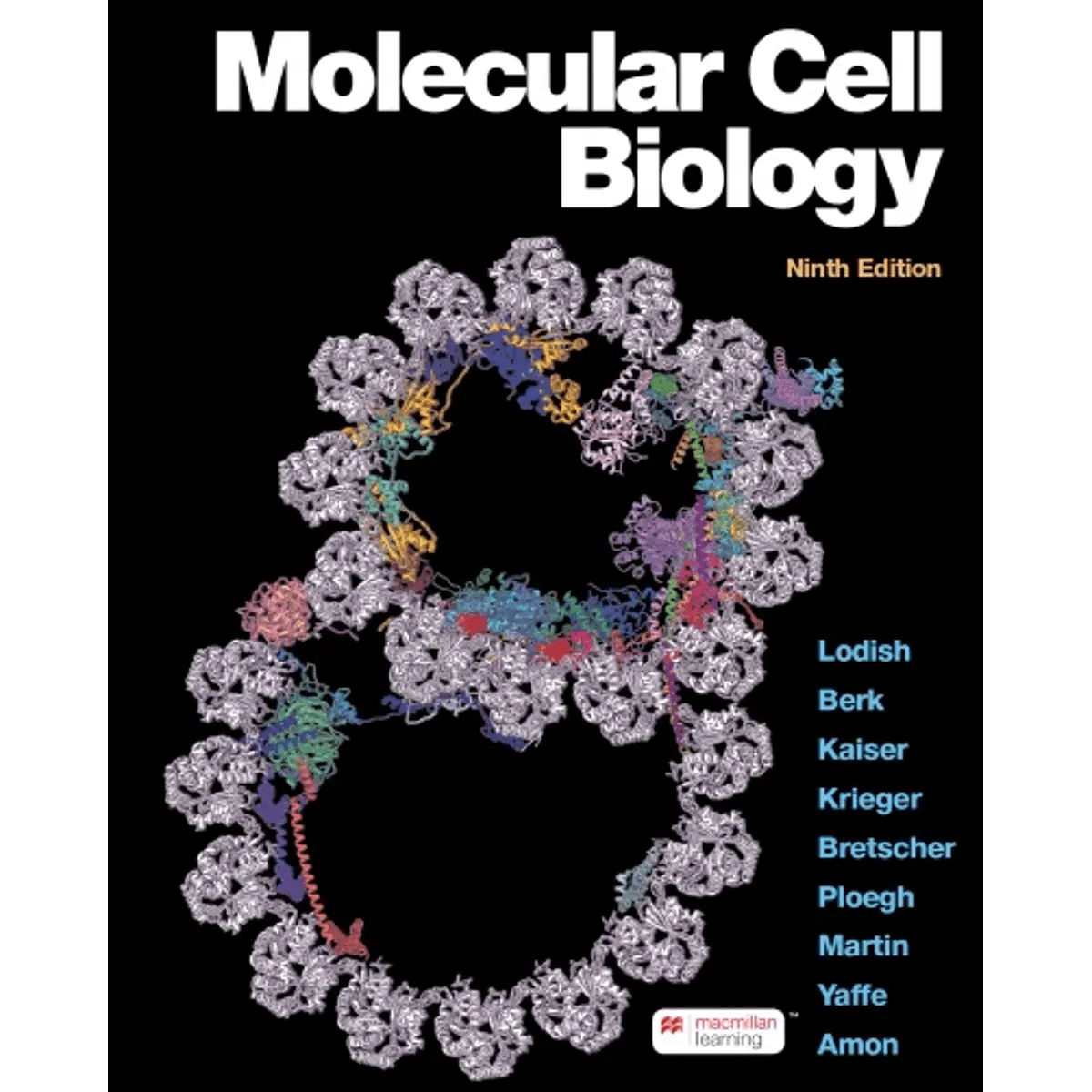Molecular Cell Biology 7th Edition PDF presents a comprehensive overview of the field, providing an in-depth exploration of the fundamental concepts and latest advancements in molecular cell biology. This authoritative resource is designed for students, researchers, and professionals seeking a thorough understanding of the molecular basis of cell function and its implications for human health and disease.
The textbook is organized into six major sections, each covering a key aspect of molecular cell biology. The first section introduces the basic principles of cell structure and function, while the subsequent sections delve into topics such as gene expression, protein synthesis, cell signaling, and cell cycle regulation.
Throughout the book, emphasis is placed on the interconnections between different cellular processes and the dynamic nature of molecular cell biology.
Molecular Cell Biology 7th Edition Overview: Molecular Cell Biology 7th Edition Pdf

Molecular Cell Biology 7th Edition is the latest installment of the highly acclaimed textbook that has been a cornerstone of molecular cell biology education for over three decades. This edition has been extensively revised and updated to reflect the latest advancements in the field, making it an essential resource for students, researchers, and practitioners alike.The
7th edition builds upon the strengths of previous editions while introducing several new features and pedagogical enhancements. The textbook is organized into 23 chapters, each covering a different aspect of molecular cell biology, from the structure and function of cells to the regulation of gene expression.
The chapters are written by leading experts in their respective fields, ensuring that the information is accurate and up-to-date.
Key Concepts and Themes, Molecular cell biology 7th edition pdf
Molecular Cell Biology 7th Edition explores a wide range of topics, including:
- The structure and function of cells
- The molecular basis of inheritance
- The regulation of gene expression
- The cell cycle and cell division
- The immune system
- Cancer
The textbook is organized into four parts:
- Part I: Introduction to Molecular Cell Biology
- Part II: The Molecular Basis of Inheritance
- Part III: The Regulation of Gene Expression
- Part IV: The Cell Cycle and Cell Division
Each part is further divided into chapters, which cover specific topics in more detail. The chapters are written in a clear and concise style, and they are illustrated with numerous figures and tables.
Pedagogical Features and Learning Tools
Molecular Cell Biology 7th Edition includes a number of pedagogical features that are designed to enhance student learning, including:
- Learning objectives at the beginning of each chapter
- Key terms and concepts are highlighted throughout the text
- End-of-chapter summaries
- Review questions
- Problem sets
The textbook also includes a number of online resources, such as:
- An interactive glossary
- Animations and videos
- Self-assessment quizzes
These resources provide students with additional opportunities to learn and reinforce the material covered in the textbook.
Questions and Answers
What is the target audience for Molecular Cell Biology 7th Edition PDF?
Molecular Cell Biology 7th Edition PDF is intended for students, researchers, and professionals in the fields of molecular cell biology, cell biology, genetics, biochemistry, and related disciplines.
What are the key updates and revisions in the 7th edition?
The 7th edition includes significant updates and revisions to reflect the latest advancements in molecular cell biology. These include new chapters on CRISPR-Cas gene editing, single-cell analysis, and the role of non-coding RNAs in gene regulation.
What are the strengths of Molecular Cell Biology 7th Edition PDF?
Molecular Cell Biology 7th Edition PDF is praised for its clear and concise writing style, engaging pedagogical features, and up-to-date content. It is also highly regarded for its comprehensive coverage of the field and its emphasis on the interconnections between different cellular processes.

